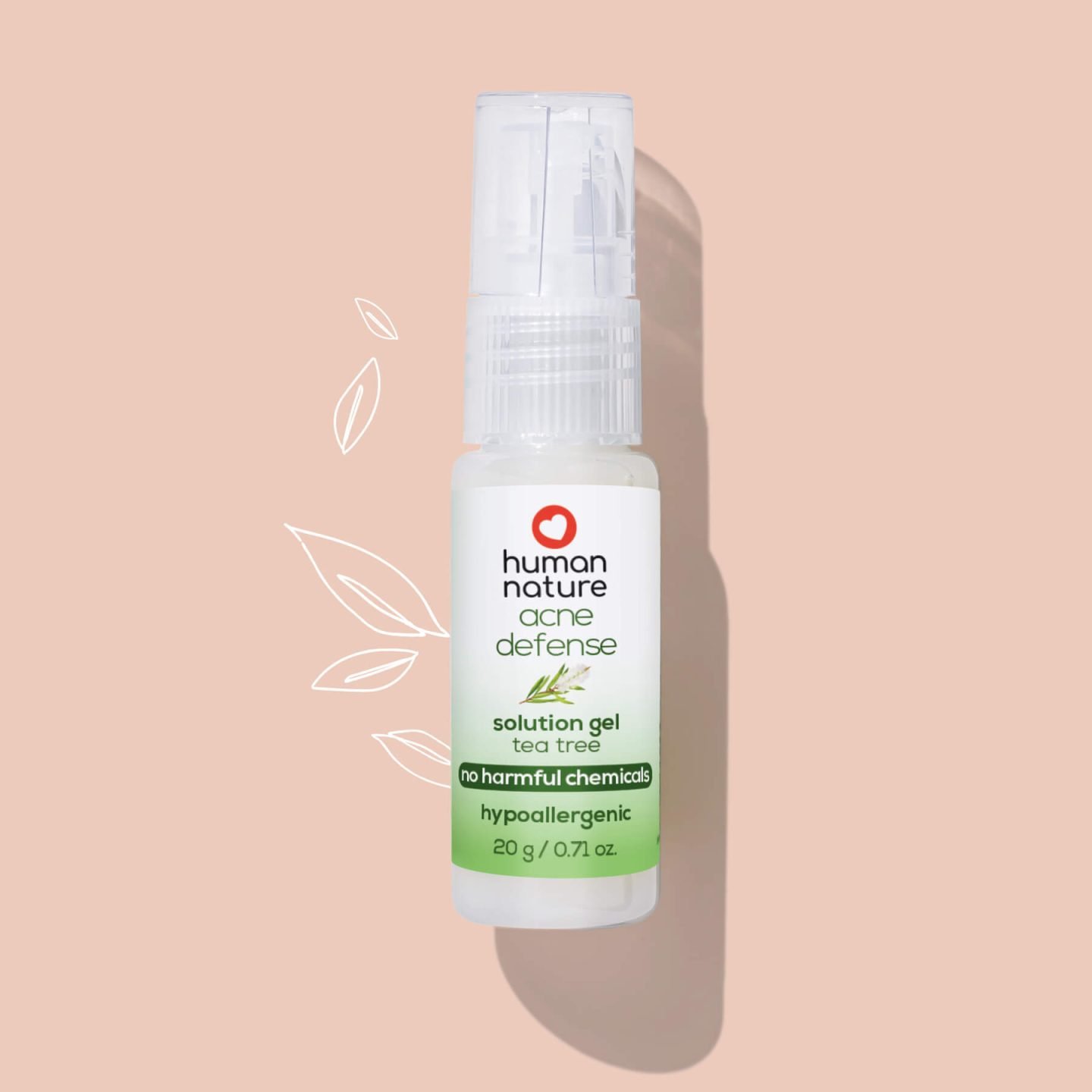
Acne can be a stubborn problem to deal with, especially due to its recurring and irritable nature. Acne vulgaris, or simply acne, is a common condition that affects millions of people every year. Although acne is typically associated with teenagers, it affects people of all age groups. Our skin consists of thousands of microscopic pores and hair follicles. It is when these pores and follicles get clogged with oil, dirt, and grime that we see an acne breakout on our skin. It often happens due to hormonal changes in young adults, but it is also common in kids as well as adults who have oily skin or even poor personal hygiene. As a result, it is essential to take care of your skin and keep it clean, nourished, and treated to achieve long-term relief from frequent acne breakouts. This is where a good old serum comes into the scene.
What is a Serum?
A serum is typically described as a liquid topical composition with one or more active ingredients targeting a specific set of concerns. Compared to other beauty products like toners and moisturisers, serums contain a higher concentration of active ingredients to facilitate faster absorption and results. For example, an anti-acne serum usually targets active breakouts, blemishes, and dark spots, while an anti-dandruff serum targets dandruff, flaky skin, and scalp irritation.
Creating an acne serum involves a careful formulation process to ensure the product is both effective and gentle on the skin. Typically, acne serums are developed by cosmetic chemists who blend active ingredients in precise concentrations, using a variety of techniques such as emulsification, solubilisation, and preservation. The goal is to create a lightweight, fast-absorbing formula that delivers key ingredients deep into the skin without causing irritation.
Common Ingredients in Acne Serums
Acne serums often combine a number of active ingredients aimed at targeting acne, deep at the root causes like excess oil, clogged pores, and redness. The most common ingredients include salicylic acid, benzoyl peroxide, and retinoids such as retinol and niacinamide. Salicylic acid is a beta-hydroxy acid, meaning it works as an exfoliant and can open pores and promote smoother complexions. Benzoyl peroxide acts as an antibacterial agent that kills bacteria responsible for causing acne, while retinoids work at the cellular level to break down the pile-up in pores, preventing pores from getting clogged. On the other hand, niacinamide, a variant of vitamin B3, has anti-inflammatory effects, which help reduce redness and irritation caused by acne. Other ingredients, such as hyaluronic acid, maintain water content in the skin without causing acne.
In addition, the ingredients selected for this acne serum are considered effective in countering different aspects of acne development but are gentle on sensitive skin. For instance, the penetrative properties of salicylic acid keep out blackheads and whiteheads, which are common precursors of acne lesions.
Why Should You Use Acne Serum?
- Specific Treatment for Issue Areas: Acne serums are formulated to target particular skin issues, such as pores and excess oil along with acne-causing bacteria. General cleansers and moisturisers cannot be compared to acne serums, which provide direct, concentrated, active ingredients for problem areas.
Other strong ingredients used in these serums include salicylic acid, benzoyl peroxide, niacinamide, or retinol to help fight breakouts, minimise inflammation, and prevent future acne.
- Deep Penetration: Serums have a light fluid that passes quickly into the skin, which could be deeper than thicker creams or lotions. The active ingredients would easily be in contact with the areas that are prone to acne.
- Non-Comedogenic: Most acne serums are oil-free and non-comedogenic, which means they do not clog pores. This makes them great choices for individuals who have oily or acne-prone skin and need treatments that won’t contribute to breakouts.
- Acne Scars can Fade: The breakout-fighting ingredients found in an acne serum, such as niacinamide and retinol, will help to break up post-acne scars and even out your skin tone, leaving you with more clear, silky skin over time.
- Prevents Future Breakouts: Consistent usage of an acne serum can prevent new breakouts by keeping pores clear and encouraging the cell turnover process, which reduces your risk of future acne.
Many serums also improve the skin texture, reduce redness, and increase hydration, keeping the overall skin healthier compared to just a treatment for acne.
Conclusion
Acne serums have become a popular treatment for people who suffer from frequent breakouts. It serves as a cost-effective and beneficial product that is easily available in local markets or at online retail stores, making it super easy to get your hands on the serum that you like. A lot of modern companies offer sustainable and cruelty-free products, adding an added touch of compassion and responsibility to your daily routine.
Thus, try to research and experiment to find out which serum suits you the best. If you are completely new to using serums, try easing your way in with a light and gentle toner at first with the same active ingredients. After using the toner for a few days, try applying the serum and see if it works for you. Last but not least, remember to have fun. Do not judge yourself or think that you need to fit any social stereotype to become pretty. You are beautiful as you are. Simply consider your beauty routine as a form of self-care and self-love, and you are good to go.
